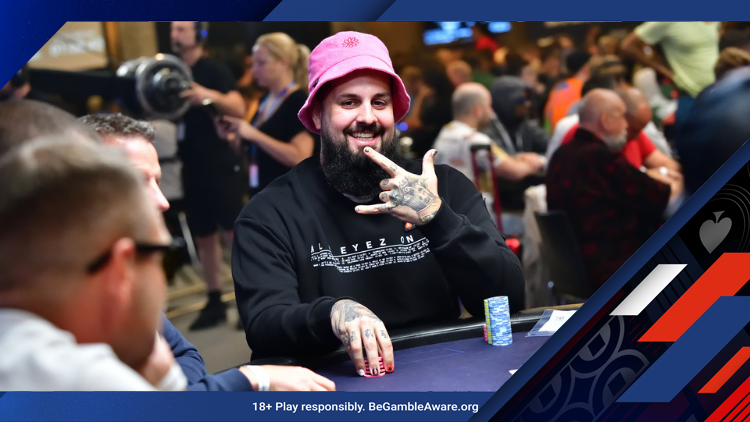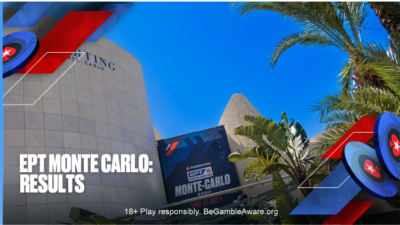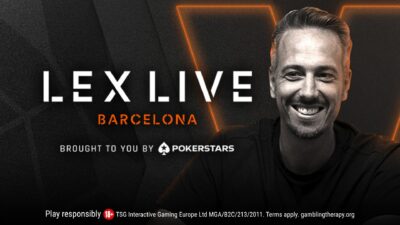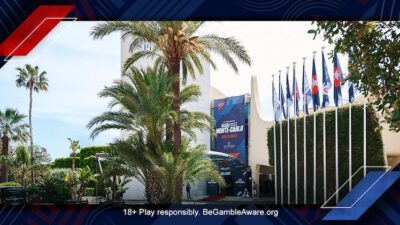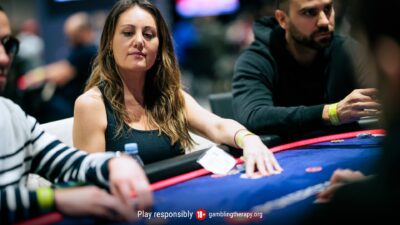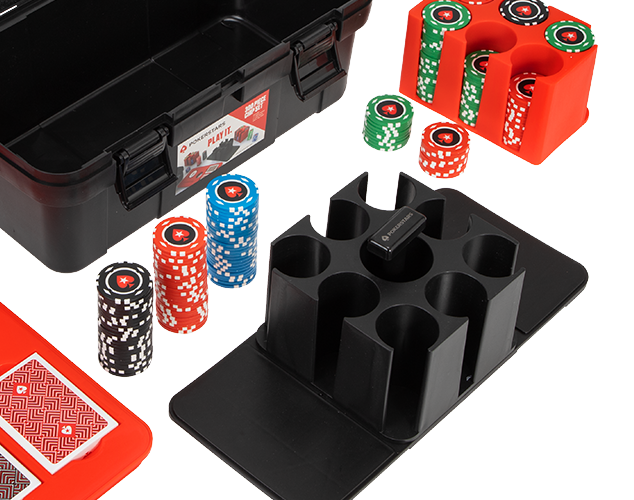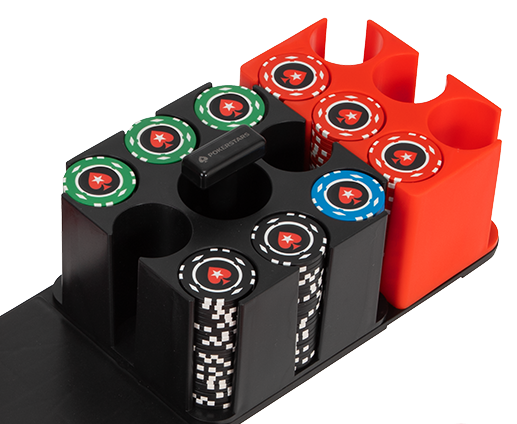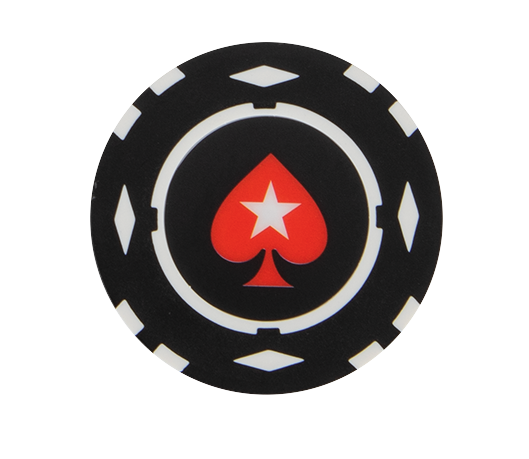Table of Contents
PokerStars scored quite a coup in August 2021 when it recruited to its ranks an up-and-coming Argentinian poker player named Alejandro Lococo.
Lococo had only modest poker results at that point, but he was a true heavyweight in the world of freestyle battle-rap, where he was known as “Papo MC”. Lococo had close to 3 million followers on various social media platforms, and regularly performed in front of crowds of thousands — slinging artfully crafted verbal barbs at opponents in a violent joust of wits.
No one will deny that Lococo’s principal attraction to the company was that vibrant community of non-poker players, many of whom could possibly be persuaded to follow their rap hero to the poker tables.
But Lococo himself was not content to just be a “celebrity” poker player. He began quickly to improve his game.
In a matter of months Lococo, who is now 30, was at the final table of the Main Event of the World Series of Poker, and has subsequently won the Eureka Prague Main Event, a €2K Deep Stack at the same venue, a €1K event at EPT Barcelona, and then made another deep run at the WSOP, where one bluff in particular, on Day 5, was described as the “hand of the tournament”.
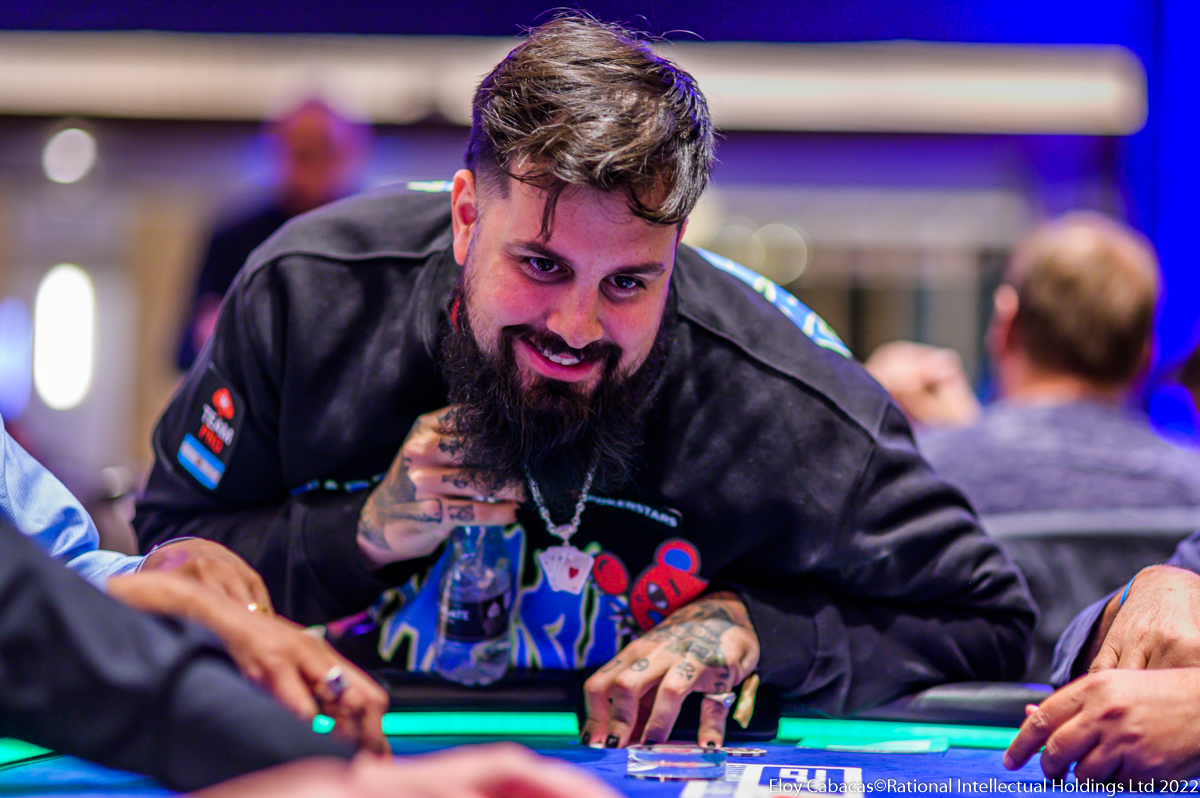

He has now amassed $2.2 million in live tournament earnings, and is quickly earning a reputation as one of the game’s top talents. He has not left the world of battle rap behind, but he may yet make an even bigger success of this new career.
PokerStars Blog got the chance to talk at length with Lococo on the sidelines of the EPT London Main Event. We discussed Lococo’s transition from rap into poker and what skills work in both environments. Lococo revealed how he grew accustomed to having people shouting insults at him, and how that helps to deal with poker’s vocal critics.
And he also touched on that now infamous six-bet bluff. “If I pull the trigger and he calls, it’s going to be sick.”
Here’s an abridged version of the conversation.
THE YOUNG PAPO
How do you explain your sudden string of big results having only played small tournaments before?
I played a lot of poker before all of this started happening. But not professionally, just for fun. But I am a very competitive person. I’ve a professional rap battle freestyler, so I love to fight against professional players. I love to do it. I focus, I am someone who tries very hard. So when I no longer needed to train in freestyle, I started to spend more time focusing on poker. I studied a little bit. I started to have big results — first in Vegas, then in Punte del Este, then in Prague, Monte Carlo, in Barcelona. It’s been a really crazy run.
A lot of poker players come from a background in maths or statistics or a similar pursuit. Does that apply to you as well?
I never had problems with mathematics, but I like it more today than when I was young. It wasn’t hard for me, but I wasn’t in love with it. When I was young, I loved music and everything in the art world, like graffiti, and painting and history.
Back then, I made a lot of freestyle around the country and around the world. Basically, my poker game is more creative than mathematical. Of course, you have to have a mathematic base, but I think I’m more exploitative than GTO. Creativity is expressed in poker, 100%.
That’s what made me make a six-bet bluff on Day 5 of the Main Event in Vegas.
THE INFAMOUS BLUFF
(Context: On Day 5 of the $10K WSOP Main Event, Lococo played a huge hand against Karim Rebei when Lococo put in a six-bet shove on the turn, with the board reading 9♠ 8♥ 7♥ K♠ . Karim folded and Lococo, who was the player at risk, showed A♣ J♥ for ace high (and a gutshot). Read the full hand history, from Poker News.)
What were you thinking about in that WSOP hand?
When I was thinking about pulling the trigger on the six-bet bluff….I’ll tell you. The previous year I bust in seventh place in the same tournament, hero-calling on a final table with a lot of ICM considerations. There were huge pay-jumps. They weren’t huge pay-jumps in percent, but in money. All the world was talking about my play, about how he ‘can’t hero call in that spot’.
The next year, in the other hand, I was smiling inside, thinking if I pull the trigger and he calls, it’s going to be sick. But if he does what I think he’s going to do, which is fold, it’s amazing.
When it worked, it was crazy, because all the world was talking about that hand. For me it’s amazing because I don’t have too many years playing poker at that level. This was my third main event in Vegas and I’d only been playing seriously for only three or four years. But I love this game and I think I do some things right and some things wrong. I’m happy because I think I’m learning and growing like a professional.
Do you think you’re good at reading weakness?
I think live poker is really different from online poker. Some players are really, really good playing online and, of course, they are really, really good playing live too. But maybe they don’t have social skills, they’re not used to confronting people. They’re not used to battling in real life.
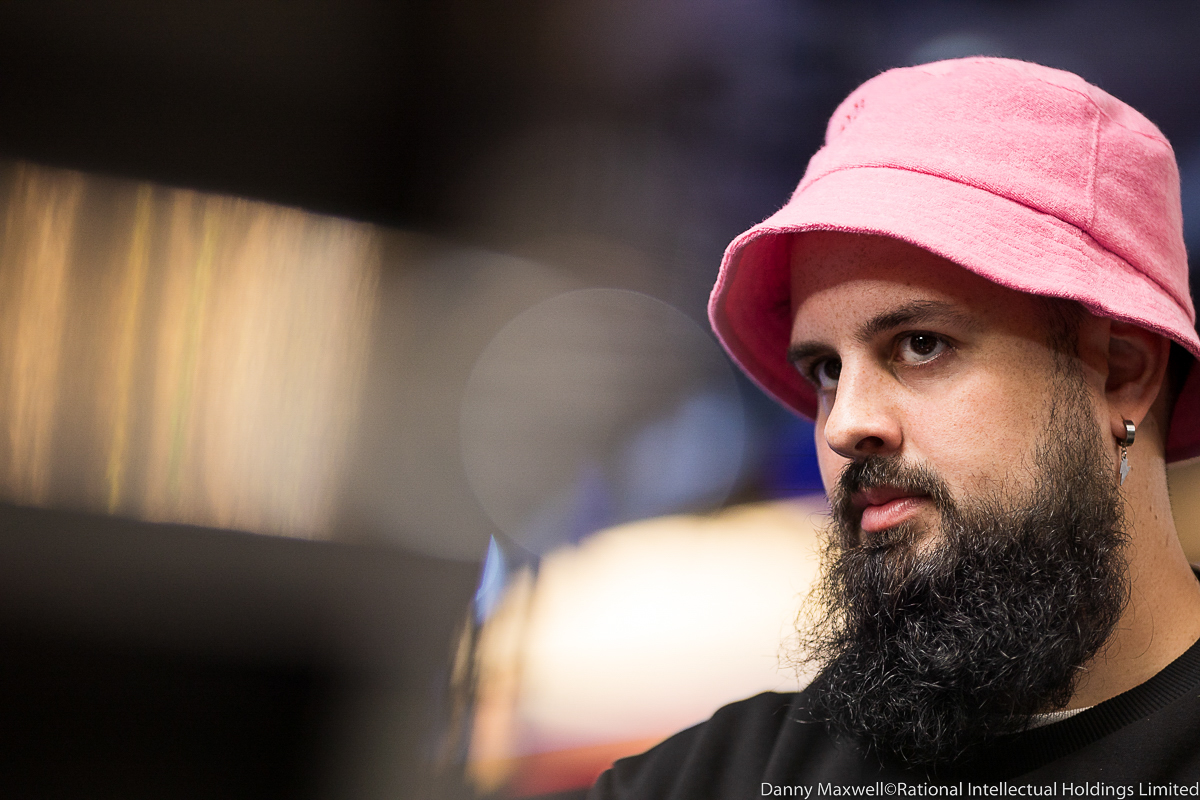

But in my other profession, I have a guy in front of me, talking trash about me, screaming in my face. Thousands of people finding it funny what he’s saying to me. So I’m not going to get nervous when someone asks me how many chips I have. It’s funny to me.
Is it good training for dealing with the critics in poker?
I don’t feel compromised by public opinion. I have my game and I do what I think is best at that moment. And I know that everything that I do will have a reaction.
Everyone is going to talk about what I’m doing. If I do things well, they’re going to say that you’re doing things well. And they’ll say if you’re doing things bad. People always talk. But what I’m trying to say is that I’m accustomed to it. It’s normal for me that people talk about what I’m doing.
I don’t do things for public acceptance. I just do what I think is OK. And when I finish I’m happy because I know I did what I felt, not what is supposed to be OK. If I did what is supposed to be OK, maybe I wouldn’t have been to the final table or won some trophies, or that six-bet bluff of course.
The life of a PokerStars Pro
You don’t fit the regular image of a PokerStars Ambassador. What do you offer to the world of poker that perhaps others don’t?
I have a big community, almost 3 million people, who are from another place. They come from the world of rap. But I’m not just a rapper who plays poker for fun. I can sit at a poker table with professional players and talk about poker. And I can translate that for people who don’t know poker.
Because I’m a content creator, I know how to show poker to people. Sometimes as professional poker players, we speak a different language. For us, it’s amazing and exciting, but if you don’t belong in the poker community, maybe it’s a little boring.
I think I make poker more funny. I think it’s an amazing game. Sometimes the players get so serious, but I like taking it back to basics. I like the show.
When you’re with people you know from the rap world, what do they ask you about poker?
The typical question from people who don’t play poker is whether you can detect lies in the eyes of your opponents. People who don’t play poker think poker is 90 percent intuition. It’s like when poker players ask me about rap battles, and they say, ‘So, after the battle, do you want to fight your opponent?’ That’s the typical question. But we’re friends!
What does the future hold?
What are your ambitions? How high can you go?
I am living a dream. I enjoy what I’m doing so much. I don’t really have a limit, but you have to find a balance, find out what you want. Because if you want to play really high, confronting the best players in the world, you have to give a lot of time to do that.
But I like to travel too much. I like to play poker. I like to meet people. That is what I like about poker: the chance to discover other cultures, what they think, what they eat. That’s what I think is the best part of poker.
So right now I’m not thinking of stopping that. I’m only thinking of travelling to the most important tournaments and getting more trophies. At this moment, I’m not tempted to try a Super High Roller. It’s really hard to battle them. You have to give a lot of hours of your life to be a winner in that kind of event.
How do you juggle the many things you do in your life? Does one pursuit take priority?
I have already spent half of my life in rap. I rapped for 16 years. So I don’t want to still be doing rap battles for 16 more years. But I can definitely still play 16 more years of poker.
I don’t know which is my priority. I enjoy everything that I do. I have the privilege to do all of the things that I love. So I’m not thinking what is more important for me.
For me, the most important thing is that I enjoy my life, and I enjoy sitting at the table playing poker, meeting people. I enjoy standing on the stage in front of thousands of people. And I enjoy it when I am recording something on my travels, talking to people, sharing my life values. I don’t think I have a priority.
I know that you have time in your life to spend on different things, and I have spent a lot of time in freestyle, and I want to spend a lot of time now playing poker.
Back to Top

